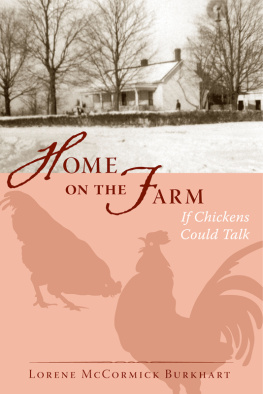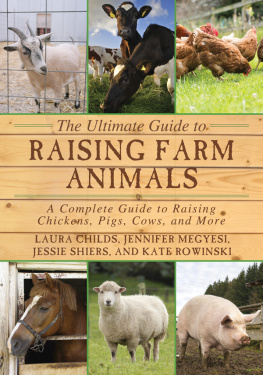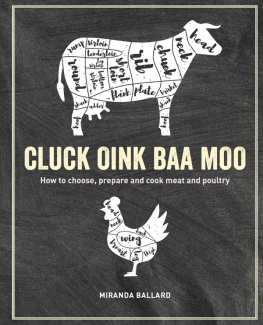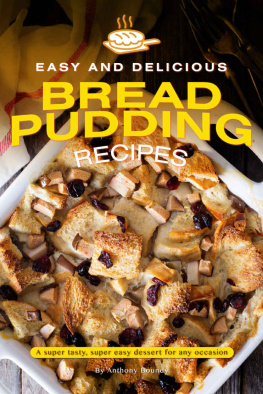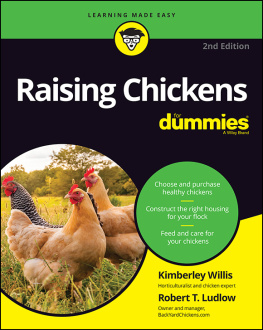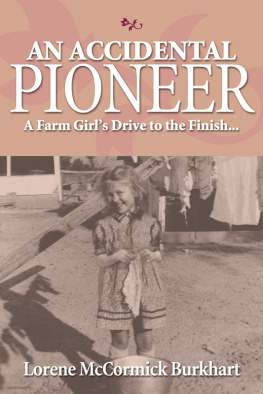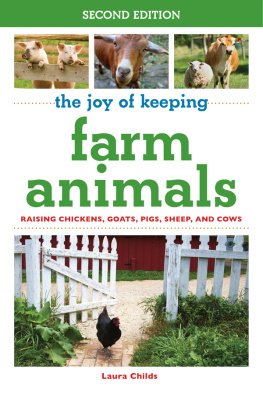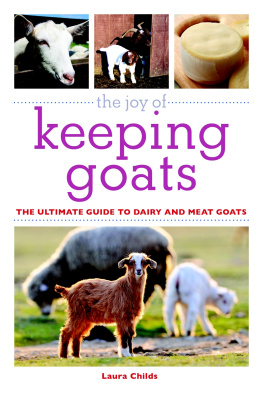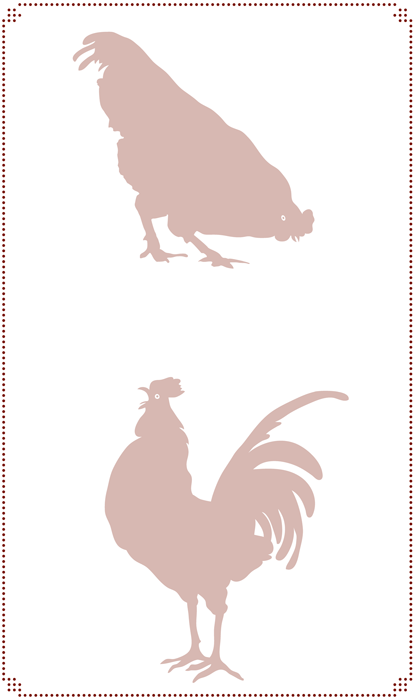2007 by Lorene McCormick Burkhart. All rights reserved.
Printed in the United States. No part of this book may be reproduced with the exception of excerpts for promotional purposes without express consent of the publisher.
Published in the United States by Burkhart Network, LLC
4000 N. Meridian Street, Suite 17G
Indianapolis, Indiana 46208
www.loreneburkhart.com
FIRST EDITION
Dust jacket and interior design by
karen kennedy of design in bloom, inc.
www.designinbloominc.com
ISBN-10: 0-9790975-3-3
ISBN-13: 978-0-9790975-3-9
To my parents, their parents, and all of my relatives who blessed me with their love, faith, and courage.
Contents
When I wrote my autobiography, An Accidental Pioneer: A Farm Girls Drive to the Finish the part of the title that seemed to catch the most attention was the word farm. Theres something about farms that attracts peoples fancies. Perhaps its the perception that farm life is simpler and more relaxing than city life, or the romantic notion of living close to the earth.
Its fairly safe to say farm life is simple, I suppose, because responsibilities are clear-cut and never changing. Farm folk do what they must do each day without giving it much thought. The life is far from relaxing, though; farm animals dont have days off, so neither do their keepers. The work is 24/7, 365 days a year, no vacations.
During my childhood in the 1930s and 40s, isolation was also very much a part of farm life. A good half-mile separated us from our nearest neighbor, and it was a seven-mile trip into town over gravel roads, a trip usually made only once a week. My brothers and I learned at early ages to entertain ourselves, a lesson in self-reliance that has served us well throughout our lives.
In this book I have written not a chronology of my childhood years on the farm but rather a series of vignettes, a close-up of special times in my and my familys life. I was not present at several of the events I describe, but I know my familys background and how they lived, and with that knowledge and some imagination I put myself in their shoes in an attempt to bring the essence of these wonderful people into their stories. I even went so far as to speculate what my mothers chickens must have thought of us!
I hope you enjoy your visit to the farm as much as I have enjoyed giving the tour.
Lorene McCormick Burkhart
September 2007
Life on the farm had a rhythm, the cadence provided daily by the plants and animals we tended. Mornings began with milking and feeding, evenings saw more milking and feeding, plus the gathering of eggs. Adding to this, our lives were filled with the immediacy of the seasons. From early spring to late fall, crops were planted and harvested, gardens were tended and the food they produced processed for use during the cold months. Quiet time came only during the winter when the land slept beneath its coverlets of frost and snow.
This rhythm of life created a sense of security that counterbalanced the insecure and too-often erratic rhythm of unpredictable weather that could destroy a seasons crops and diseases that could decimate a flock or herd. The land and animals that were the essence of the farm added to our security, but with that came also the knowledge that we in turn needed to support them. Cropland was nothing more than barren field until it was sown; cattle, sheep, pigs, and chickens could provide food only if they were also provided for.
The men worked in the fields from dawn to dusk and returned home exhausted. The women were often weary from their unrelenting chores; even their sit-down time was filled with mending and darning.
Children absorbed this rhythm and cycle, trusting that adults would find a way to make everything work. Breakfast would be on the table every morning, the bus would come around the corner to take them to their classes on school days, and jars and jars of food would line the basement shelves each winter.
It was our life and it seemed right. Couples married, babies were born, and old folks died. And always there was a pattern, a purpose.
Each of the chapters in this book is in essence a story unto itself, a description of a certain time or event of my life on the farm. Because the kitchen was the heart and soul of the household, Ive added many of my familys favorite recipes to spice things up. Memories were more often than not made and delivered over the stove.
As you look into the windows of our lives, I hope you will catch a glimmer of the honesty and truth that were our core, and the steadfastness and courage that were our foundation.
It was a good life.
I t was late afternoon, just after four. The sun was getting low in the summer sky when we heard the gate to our chicken yard open. Here came the Girl, ambling toward the henhouse, egg basket over her arm and acting like she didnt have a care in the world, just as she did every day around this time. One look at her face, though, told us it was all too clear that she did care, and that she wasnt very happy about coming to see us. For that matter, we werent all that happy to see her!
What do you think, Mama Hen? Callie Cluck asked. Will she poke us with that stick when she reaches under us to get our eggs today?
As People go at least the ones we knew, those who lived in the House next to our yard she wasnt very big, a little blond-haired thing with legs almost as skinny and knobby as ours. But she could be so mean, or so we thought. She usually acted like we were something to be afraid of, little birds that we are, and often brought a stick that she poked us with to stir us off our nests. We didnt like being disturbed there in the first place, but oh, how we hated that stick and we pecked at her whenever she stuck it at us. Maybe thats what made us scary to her.
Grandma Biddie had been around longer than the rest of us, and said more than once that she never felt quite as comfortable when the Girl collected our eggs as she did when the Lady, the Girls mother, did. The Lady was much more gentle and talked to us in low, soothing tones as she went from nest to nest, and she never brought a stick. We still didnt like the reach and grab, but we rarely pecked at her, and if we did she just took it in stride.
But of course, Grandma rationalized, feathers ruffling, the Lady has been gathering eggs much longer than the Girl has, so its easier for her.
Whatever, Aunt Bantie said. Still, I think the Lady is nicer to us because she wants us to be happy. Ive heard her tell that chick of hers that a happy hen equals a happy egg.
Randy Rooster strutted into the henhouse around then and poked his beak into the conversation, as he always did, the showoff! According to him, dawn isnt dawn, nor is any conversation worth having, until hes put his two-crows-worth in.
Happy egg, happy egg, he squawked. The People dont care about your being happy. All they wants is the eggs, you silly clucks. A happy rooster is what makes a happy barnyard. Without me, your lives would be empty, meaningless and eggless!
We had to agree that Randy had his worth. For one thing, he seemed to know how to keep the Girl in line. Hed peck around, seemingly minding his own business, but watching for her to come into our yard. Then he would chase her around with his neck stretched out and his feathers all a-fluff, which made him look bigger and fiercer than he really was. Every now and then shed be ready for him and clip him with a kick. How we would laugh to see him tumble and run squawking, even though he wasnt hurt at all. The Girl knew better than to do any more than scare him enough to him shoo him off; he was too valuable to her mothers egg business. Randy knew she knew that, and that made him even bolder. So, with a shake of his tail, he was out of the henhouse and off to strut his stuff.
Next page
